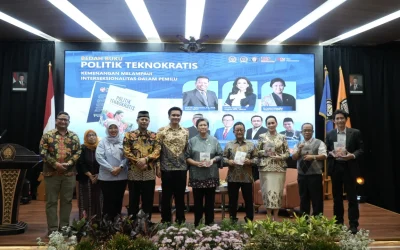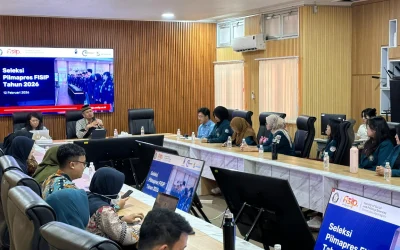Semarang – A journal by Retna Hanani, S.Sos., MPP, titled Expansion of Health Care Protection and Health Governance in Indonesia, explores the significant efforts to expand health care protection in Indonesia and its impact on health governance. These changes began after the 1999 Asian economic crisis, which led to the introduction of the Askeskin program to assist the poor. This program later evolved into Jamkesmas, aimed at expanding access to universal health care. Despite visible progress, health governance in Indonesia still faces challenges in aligning the expansion of access with adequate quality health services.
The journal reveals that although the primary goal of health reforms is to achieve universal health coverage, a major hurdle comes from the limited government investment in health services. The reliance on private health insurance and a fragmented health system exacerbates the gap between access and quality. Additionally, a conservative political structure often hinders substantial changes in providing better health services.
The author concludes that increasing the health budget allocation and deeper reforms in health insurance policies are urgently needed. The challenges include low engagement from the informal sector, a lack of medical facilities in remote areas, and a highly stratified health system. Comprehensive reforms are necessary to truly improve the quality of health services for all Indonesians.
This journal was written by Retna Hanani, S.Sos., MPP, a lecturer in the Department of Public Administration at the Faculty of Social and Political Sciences, Universitas Diponegoro. She earned her bachelor’s degree from Universitas Indonesia and her master’s degree from Australian National University. Currently, she teaches Digital Governance in the undergraduate Public Administration program. ***
Translator:
Nur Inayah





0 Comments